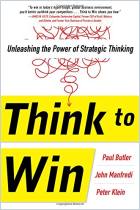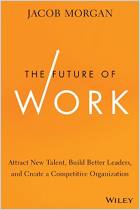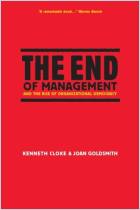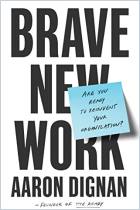
No Boss? No Thanks
Far from making them obsolete, the flatter business organisations of today need managers more than ever but in new ways
Read or listen offline
Amazon KindleRecommendation
Management guru Gary Hamel threw down the bossless gauntlet in 2011 when he urged, “First, let’s fire all the managers.” The no-manager movement has accelerated ever since, and many organizations now give serious consideration to holacracy and similar flattening and decentralizing approaches. But organizational theorist Nicolai Foss and entrepreneurship expert Peter Klein question the empirical basis for – and the logic of – the bossless company. In an interesting and convincing article for Aeon, Foss and Klein make the case that, amid the technological and demographic dynamics of today’s business world, management has never mattered more.
Summary
About the Authors
Nicolai Foss is an organizational theorist and entrepreneurship scholar at Bocconi University in Milan, Italy. Peter Klein is a professor of entrepreneurship at the Hankamer School of Business at Baylor University and faculty director of the Baugh Center for Entrepreneurship and Free Enterprise, both in Waco, Texas.

















Comment on this summary or Start Discussion